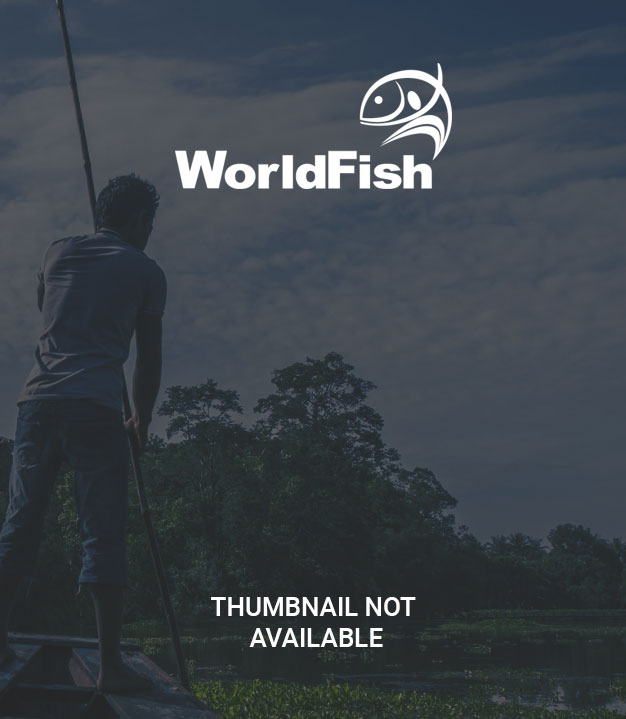A randomised controlled trial to test the effects of fish aggregating devices and SBC activities promoting fish consumption in Timor-Leste: A study protocol

Timor-Leste is one of the world’s most malnourished nations where micronutrient-deficient diets are a contributing factor to the prevalence of child stunting, currently estimated to be 45.6% of children under five. Fish are an important source of micronutrients and one that may assist the country’s predominantly rural population of agriculturalists to exit poverty and malnutrition. However, a small national fishing fleet producing low catch volumes place fish out of reach of most inland and upland populations where it is needed most. Fish consumption is very low in rural areas compared to coastal, regional, and global averages. This trial is a one-year, cluster-randomized, partially masked, controlled trial among families living in rural, inland Timor-Leste. This trial aims to test and compare the effects of two treatments, alone and in combination, on the frequency and volume of household fish consumption in upland areas as a proxy for improved dietary diversity and micronutrient intake. Treatment 1 is the installation of nearshore, moored fish aggregating devices (FADs) to improve catch rates with existing fishing gears. Treatment 2 is social and behaviour change (SBC) activities to promote fish consumption. Villages in inland communities will be randomized to receive treatment 1, treatment 2, both treatments, or neither treatment. Some households with one child under five will be recruited, and data will be collected at baseline (prior to the rollout of the treatments) and endline. Our study will determine the impact of an improved supply of fish, along with nutrition-oriented SBC activities, on the fish purchasing and consumption practices of rural, inland households. Findings from this study are urgently needed by small island developing states in order to make policy and investment decisions on how best to improve households’ diets using locally available, nutrient-dense foods such as fish. Investments such as these are needed to break the cycle of malnutrition.
Permalink
Date Available
Type
Publisher
Countries
Copyright
CC-BY-NC-ND-4.0
Research Themes
Topics
Language